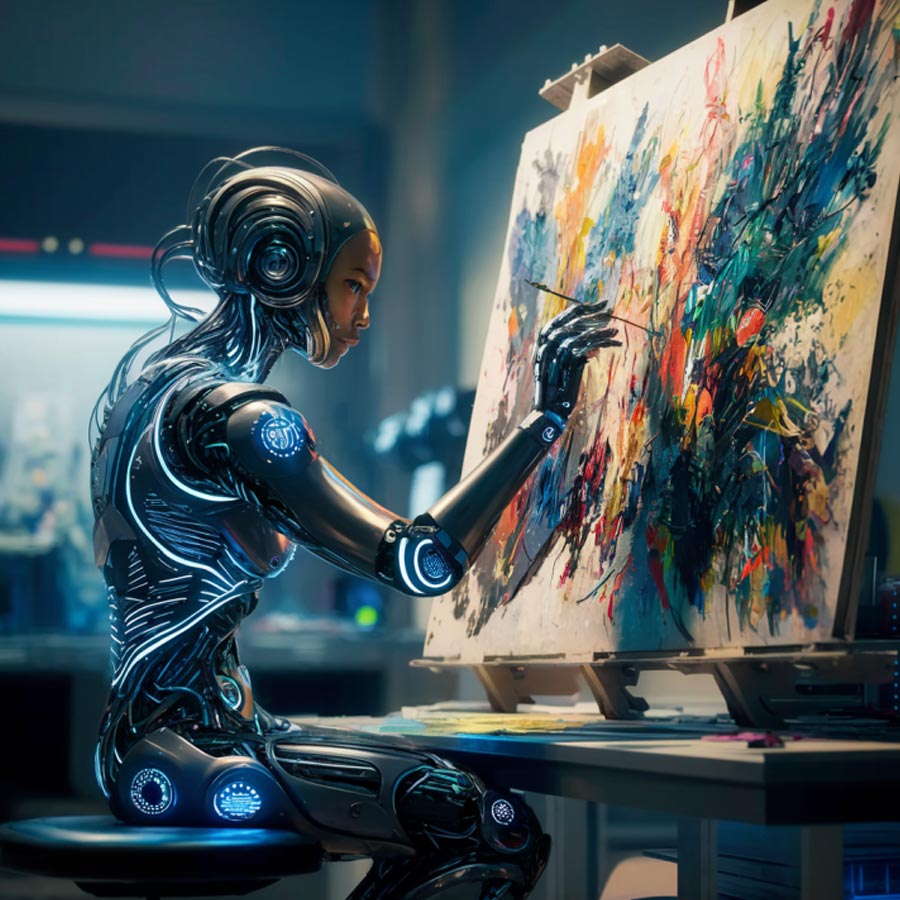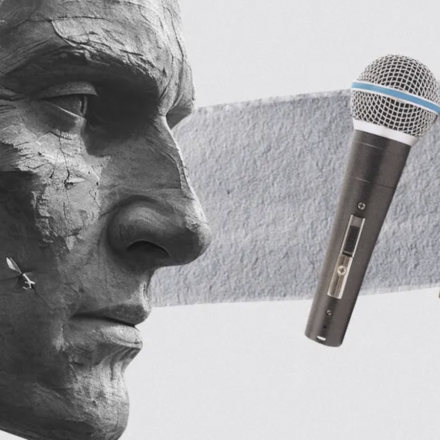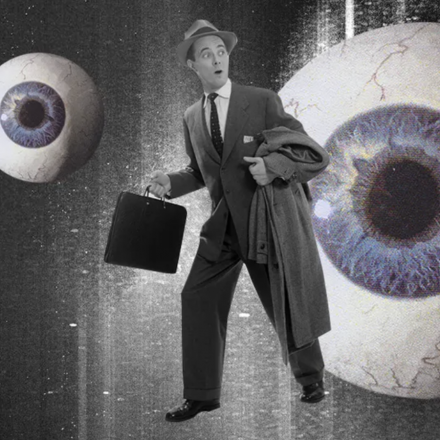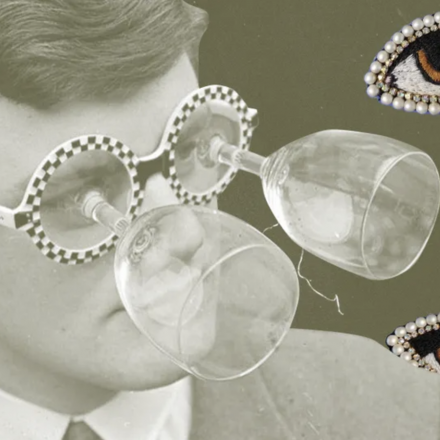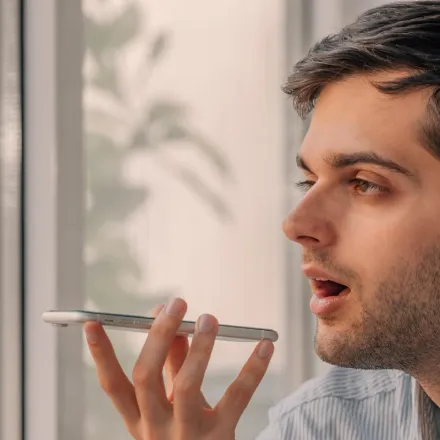For centuries, humans have tried to understand what the mind is and how it works. Philosophers, scientists, and artists have all attempted to solve this riddle, but no one has provided a clear answer. Recently, a new player has entered the scene—artificial intelligence. A machine mind that its creators hope will one day reach human-level intelligence. But is this scenario possible? Many skeptics argue that it’s unlikely since we still don’t fully understand how our own brain functions.
However, if we look at nature, we can see that complex systems are capable of self-organization. Chaos can turn into order, and elements can form a whole. This raises a reasonable question: could consciousness appear in a machine as a byproduct of complexity? If we put together all the "building blocks" correctly, we might accidentally stumble upon a formula that brings artificial intelligence to life.
Yet, if you think about it, this isn't so far-fetched. After all, the process of human creativity is also largely inexplicable. How can we explain where artists and writers get their ideas from? Gillian Rose, a philosopher and writer, once described creativity as something magical: you seem to control the process, but the result often goes beyond your control. It’s as if art is born through the person but not necessarily from their mind.
Machines and Humans: Where Is the Line Between Consciousness and Creativity?
Creativity is a mystery that is difficult to explain, even for those who deal with it constantly. Artists often say that inspiration comes from somewhere outside themselves, as if some unknown force is guiding their hand. I’ve noticed this myself when I start writing with a clear idea and structure, only to find that the text takes on a life of its own. Words form sentences in ways I hadn’t planned, and when I finish, I realize the final result looks nothing like the original idea.
Could something similar happen with artificial intelligence? Will machines one day "awaken," feel their own thoughts, and create something truly new? After all, creativity is not just a mechanical collection of data—it’s a force that produces something greater than the sum of its parts. Perhaps that’s the secret: the ability of systems to go beyond their programming and create something unique.
Hopes and Fears
The idea that artificial intelligence might one day gain consciousness frightens many people. We fear what we cannot control. But we shouldn’t forget that our own creativity and minds often go beyond understanding. We may try to control the process, but the final result always contains an element of surprise. Why not allow for the possibility that machines could one day do the same?
The paradox is that we may already be on the path to creating something great without even realizing it. Sometimes it’s the random elements that lead to groundbreaking discoveries, and chaos that leads to order. If we give ourselves a chance and don’t fear the unknown, artificial intelligence may surprise us, just as human creativity often surprises its creator.
We don’t know what lies ahead. But one thing is certain: the process of creating both machine and human minds is full of mysteries and surprises. This is a path where chaos can turn into order, and simple mechanics can become conscious creativity.

